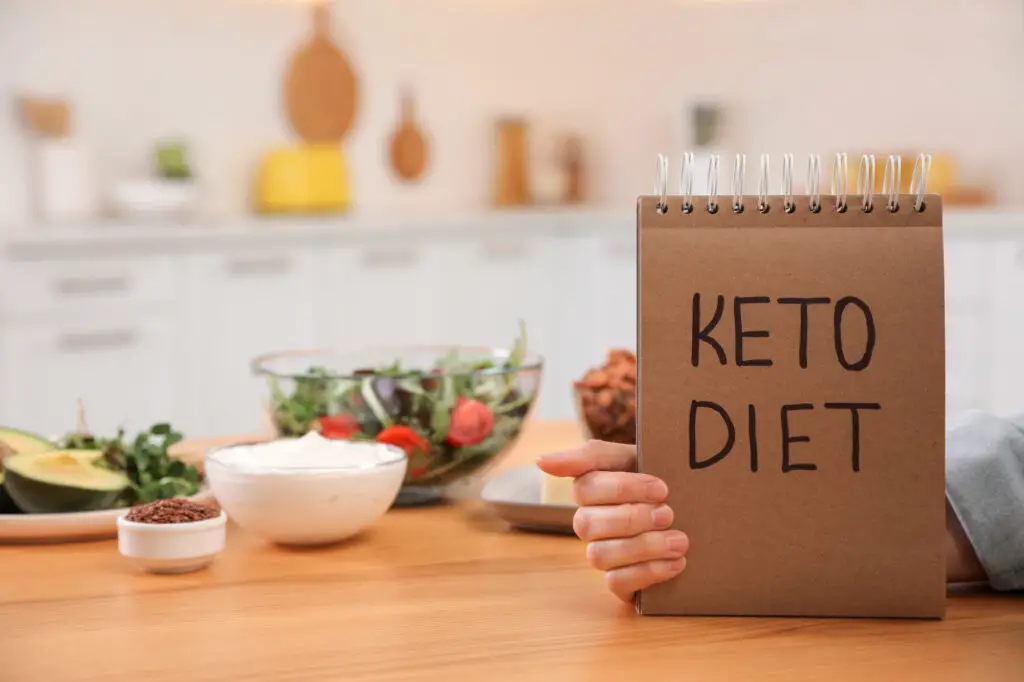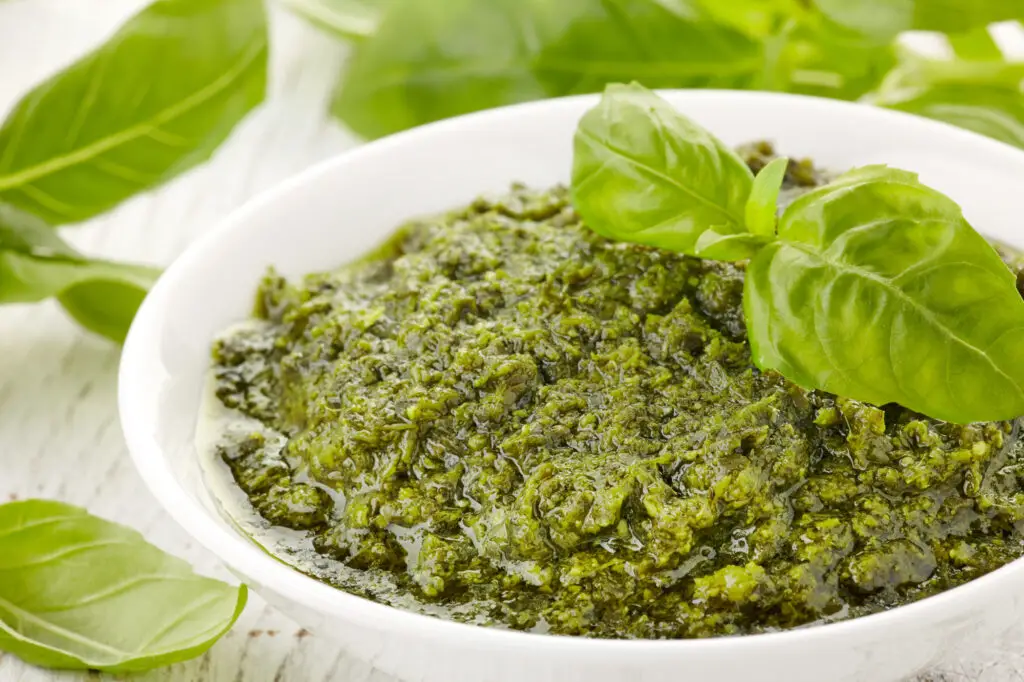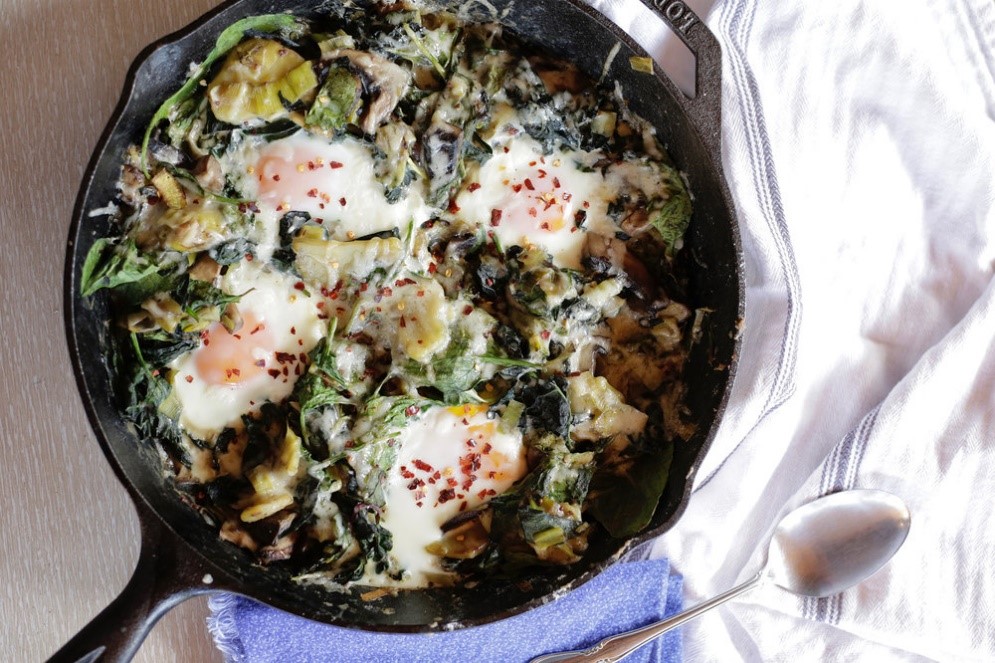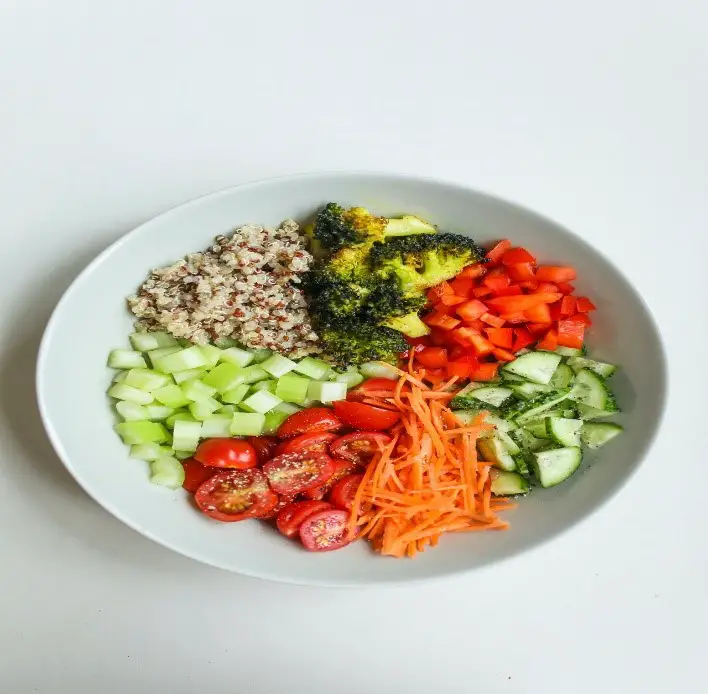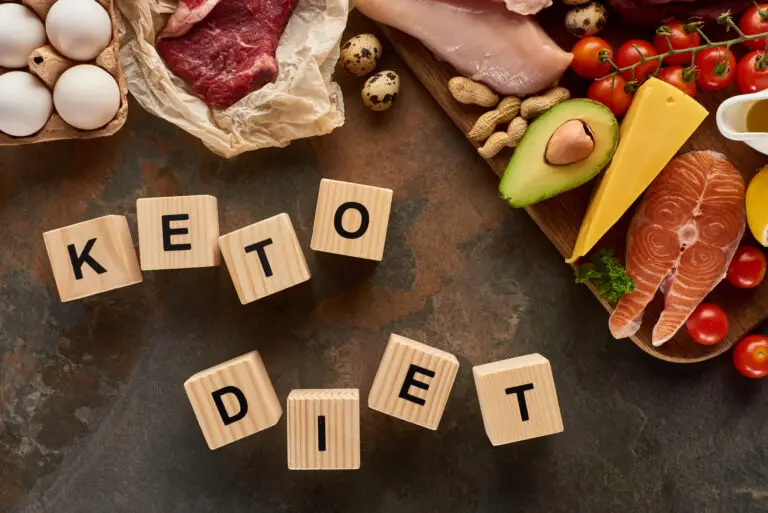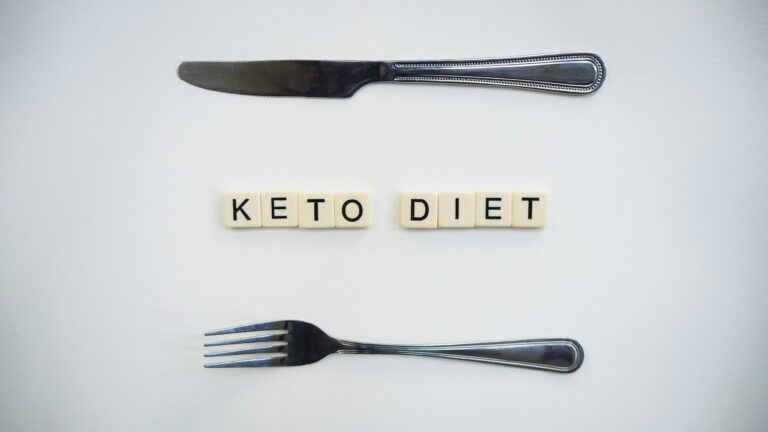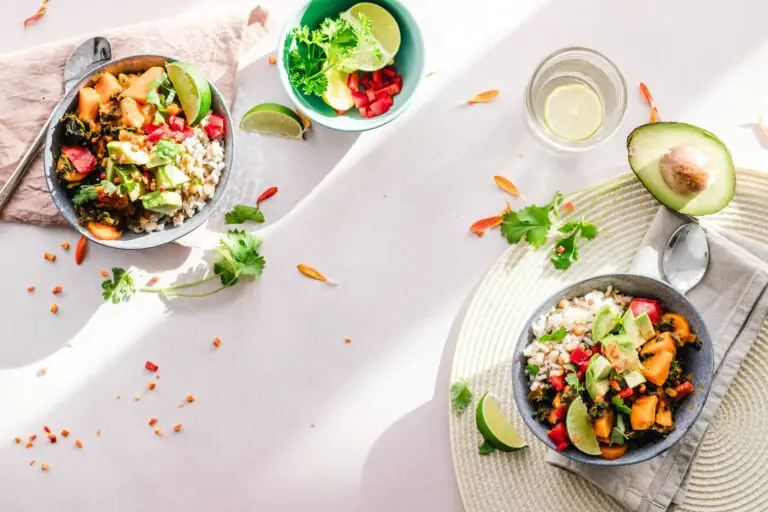Keto Diet Food List: What to Eat and What to Limit
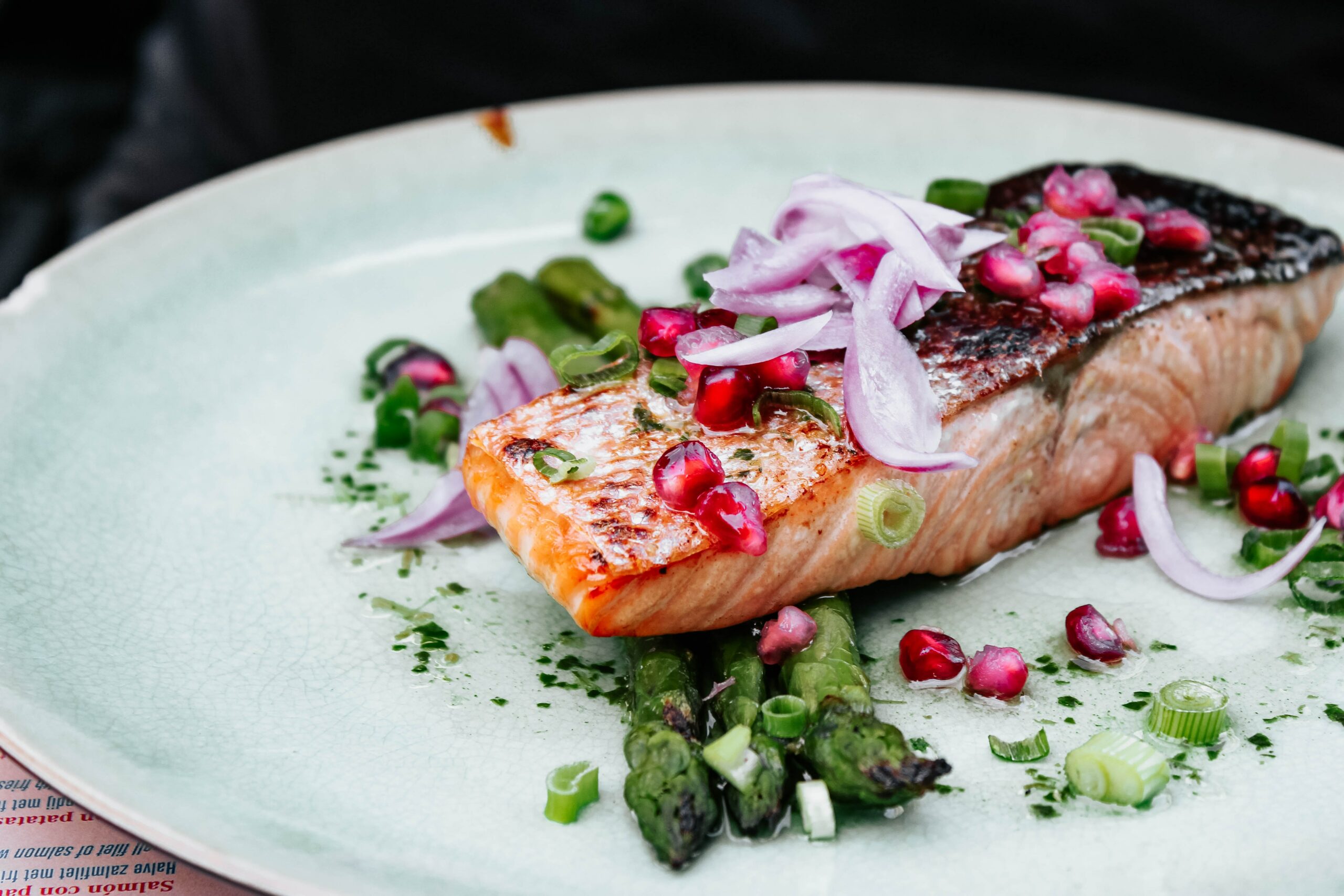
The ketogenic diet is a low-carb, high-fat diet that has become popular for its potential to help with weight loss, improve blood sugar control, and provide other health benefits. Here is a list of foods that you should eat and limit if you go on a keto diet.
How To Start The Keto Diet: 6 Steps For Beginners
A ketogenic diet is a high-fat, moderate-protein, and extremely low-carbohydrate diet intended to induce ketosis in your body. When your body does not have enough carbs for energy, it begins breaking down lipids into molecules called ketones, which can then be used for energy.
The goal of a conventional ketogenic diet is to consume 70-80% of your daily calories as fat, 20-25% as protein, and 5-10% as carbohydrates. This frequently corresponds to fewer than 50 grams of carbohydrates daily, significantly less than the amount suggested in a typical diet.
Meats, fish, eggs, dairy products, healthy oils and fats, low-carb vegetables, and nuts and seeds are typical ketogenic foods and seeds. Grains, sugar, fruit, starchy vegetables, and processed foods are commonly avoided.
While a ketogenic diet can help with weight loss and has been shown to improve certain health concerns, it is not for everyone and should be used with caution. Before beginning a ketogenic diet, contact a healthcare practitioner, especially if you have any medical issues or take any drugs.
Foods to eat on a keto diet:
- Meat and poultry: Beef, chicken, pork, lamb, and other meats are keto-friendly foods. Be sure to choose grass-fed, organic options when possible.
- Fish and seafood: Fatty fish like salmon, mackerel, and sardines are excellent sources of omega-3 fatty acids and are great for a keto diet.
- Low-carb vegetables: Non-starchy vegetables like spinach, kale, broccoli, cauliflower, and zucchini are low in carbs and high in fiber.
- High-fat dairy: Cheese, butter, cream, and full-fat yogurt are high in fat and low in carbs, making them perfect for a keto diet.
- Nuts and seeds: Almonds, macadamia nuts, walnuts, chia seeds, and flaxseeds are all low-carb and high-fat, making them great options for a keto diet.
- Avocado: Avocados are high in healthy fats and low in carbs, making them a perfect keto food.
- Healthy fats: Olive oil, coconut oil, and avocado oil are all healthy fats that can be used for cooking or as a dressing for salads.
Foods to limit on a keto diet:
- Grains: Avoid all grains, including wheat, rice, oats, and corn.
- Sugars: Avoid all forms of sugar, including table sugar, honey, maple syrup, and agave nectar.
- High-carb fruits: Avoid high-carb fruits like bananas, grapes, and oranges.
- Starchy vegetables: Potatoes, sweet potatoes, and corn are all high in carbs and should be avoided.
- Processed foods: Avoid processed foods like chips, crackers, and other snack foods.
- Alcohol: Alcohol is high in carbs and can kick you out of ketosis, so it’s best to avoid it or limit it as much as possible.
It’s important to remember that everyone’s nutritional needs are different, so it’s a good idea to consult a healthcare professional before starting a keto diet to ensure that it’s the right choice for you.
Pros And Cons of the Ketogenic Diet
The ketogenic diet is a high-fat, low-carbohydrate diet that has recently gained popularity. While some people swear by the diet’s effectiveness, there are both pros and cons to consider.
Pros of the ketogenic diet:
- Weight loss: The keto diet can effectively lose weight, especially in the short term. By restricting carbohydrates, the body enters a state of ketosis, where it burns fat for energy instead of glucose.
- Improved blood sugar control: The keto diet may help improve blood sugar control in people with type 2 diabetes. By reducing carbohydrate intake, the diet can help lower blood sugar levels and improve insulin sensitivity.
- Potential health benefits: The keto diet has been studied for its potential to help with other health conditions, such as epilepsy, Parkinson’s disease, and Alzheimer’s disease.
- Satiety: The high-fat content of the keto diet can help keep you feeling full and satisfied, which may make it easier to stick to a calorie-restricted diet.
Cons of the ketogenic diet:
- Nutrient deficiencies: The keto diet restricts many important sources of vitamins and minerals, such as fruits, whole grains, and some vegetables. Without careful planning, it can be difficult to get all the nutrients your body needs.
- Digestive issues: The high-fat content of the keto diet can cause digestive issues, such as constipation and diarrhea, especially when first starting the diet.
- Difficulty sticking to the diet: The keto diet can be difficult to stick to long-term because of its strict restrictions on carbohydrates. This can lead to feelings of deprivation and make it more likely to fall off the wagon.
- Increased risk of heart disease: While the keto diet can help with weight loss and improve blood sugar control, it may also increase the risk of heart disease in some people due to its high saturated fat content.
It’s important to note that the keto diet is not recommended for everyone, especially those with certain medical conditions, such as pancreatitis, liver disease, or gallbladder disease. It’s always a good idea to consult a healthcare professional before starting any new diet.
What to eat when you start the keto diet
Keto Recipes
Keto Questions
Can I eat a dairy-free keto diet?
Yes, it’s possible to follow a dairy-free keto diet. Many keto-friendly foods, such as meat, fish, eggs, non-starchy vegetables, and nuts and seeds, are naturally dairy-free. You can also consume dairy substitutes like almond milk, coconut cream, and vegan cheese.
Can I drink alcohol on a keto diet?
Regarding alcohol, some alcoholic beverages can be consumed on a keto diet, but others should be avoided. For example, low-carb options like whiskey, vodka, tequila, and gin are generally acceptable, while beer and sweet cocktails should be avoided due to their high carb content.
Can I eat fruit on a keto diet?
When it comes to fruit, most fruits are high in natural sugars, which can prevent you from reaching ketosis. However, some low-sugar fruits like berries and avocados can be consumed in moderation while following a keto diet. It’s important to monitor your overall carbohydrate intake and limit your fruit consumption accordingly to stay within your daily carb limit.

Me encanta cocinar y escribir, tengo un Certificado de Nutrición de Inicio y un diploma de Nutrición Completa acreditado por CTAA y una Certificación de Entrenador de Salud de Nutrición Keto. Creo firmemente que comer sano es la clave para vivir una mejor calidad de vida. He tomado un curso de Terapia Nutricional que me ha dado las bases para comer saludablemente.

